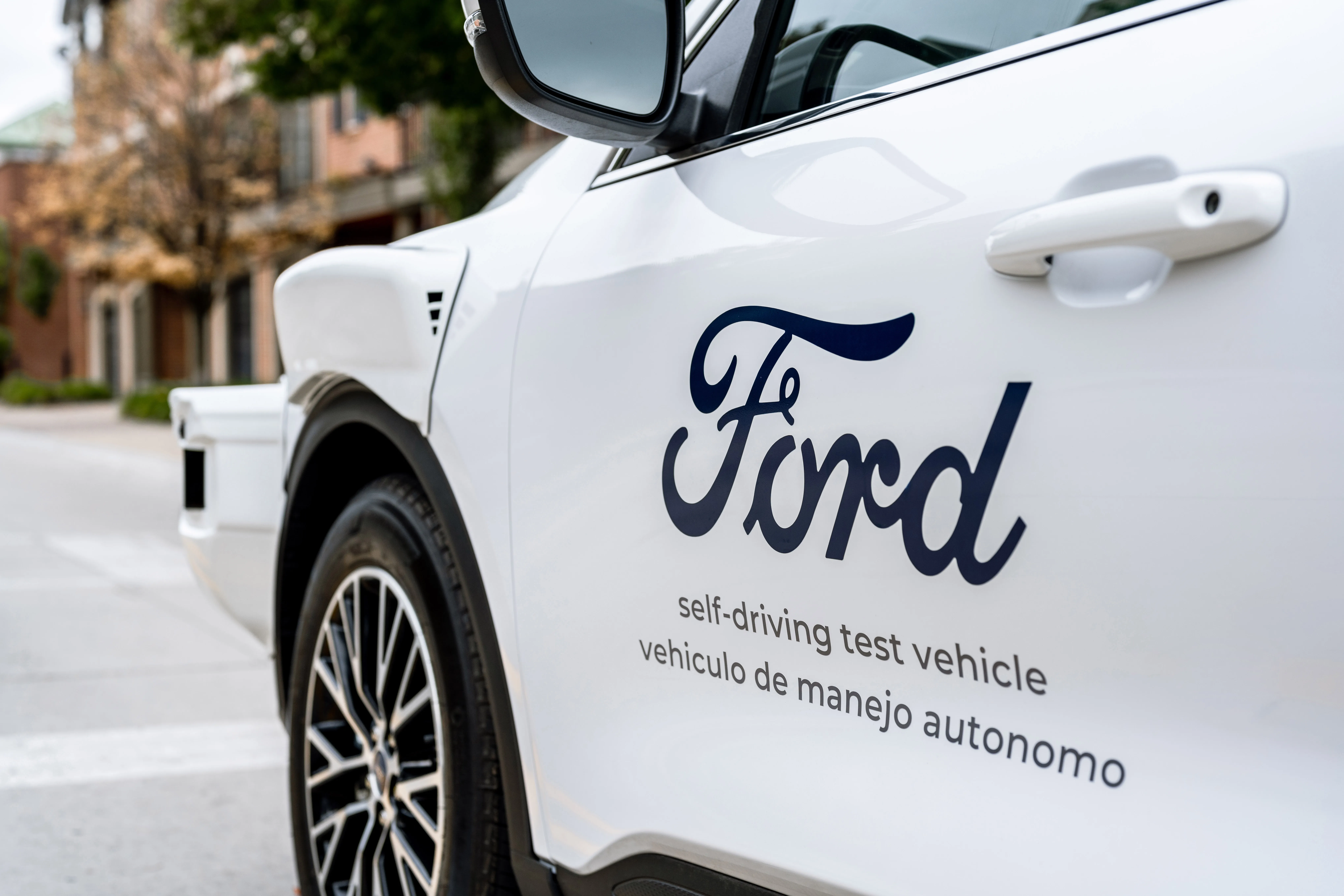
Ride-share provider Lyft, in collaboration with the non-profit Environmental Defense Fund, is aiming to have all of its vehicle electric by 2030.
The shift to 100% electric vehicles (EVs) includes cars in the Express Drive rental car partner programme for ride-share drivers, consumer rental cars, the autonomous vehicle programme and drivers’ personal cars used on the Lyft platform.
Lyft said that in 2018 the company made all rides on the Lyft platform carbon-neutral through its carbon offsets programme.
However, the company noted that it is ending the offset programme “to allow us to focus our efforts on direct decarbonisation through the switch to EVs”.
This means that, although net emissions from cars used on the Lyft platform may increase in the short term, shifting to 100% EVs will lead to dramatically lower emissions over the long term.
According to Lyft, EV battery costs have decreased nearly 90% since 2010 and the company expects that by mid-decade, EVs will be more economical for ride-share.
“Now more than ever, we need to work together to create cleaner, healthier, and more equitable communities,” said John Zimmer, co-founder and president, Lyft.
“Success breeds success, and if we do this right, it creates a path for others. If other ride-share and delivery companies, automakers and rental car companies make this shift, it can be the catalyst for transforming transportation as a whole."
“As we move to repair the Covid-battered global economy, we have a chance to rebuild better and create a cleaner, more prosperous and more equitable future,” said Fred Krupp, president of Environmental Defense Fund.
Lyft is also joining the EV100 initiative coordinated by The Climate Group, a non-profit group that facilitates networking among governments, agencies and the private sector. It has offices in London, New Delhi and New York.








